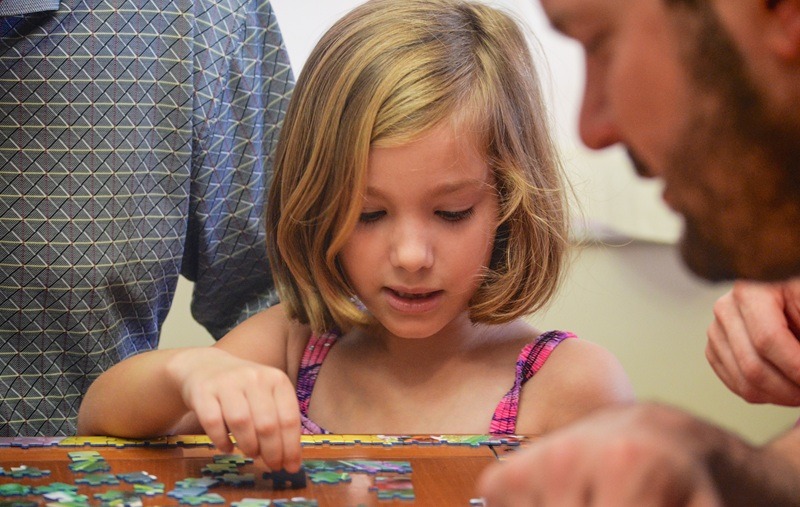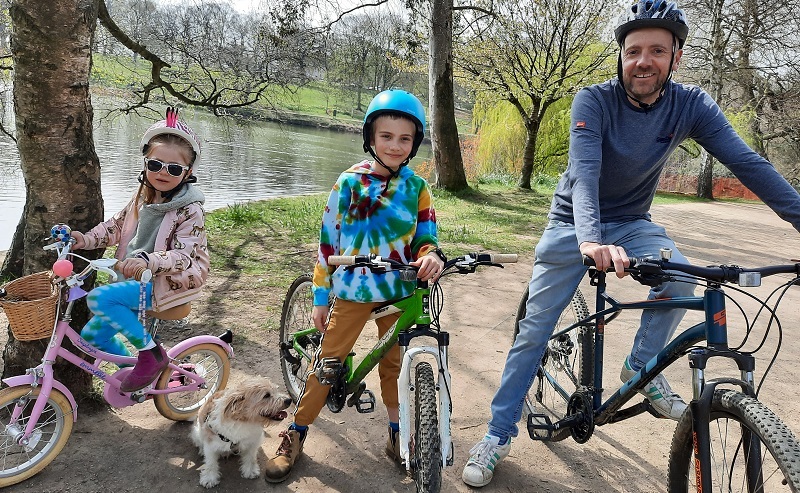How to Grow a Smarter Child—One Habit at a Time
Every parent wonders at some point whether intelligence is something we’re born with or something that can be nurtured and developed. While genetics certainly plays a key role in a child’s intellectual potential, research increasingly shows that the right combination of environment, stimulation, and daily habits can have a profound impact on a child’s cognitive growth. So, can we really “create” an intelligent child? We may not be able to manufacture genius, but we can absolutely help a child reach their fullest potential.
There are many important elements to consider, and by covering a number of these bases, we lay a strong foundation. One of the most powerful things we can do is to encourage curiosity. Children are naturally inquisitive about the world around them, and it’s vital to welcome their questions rather than dismiss them. Exploring the answers together — whether through conversation, books, trips, nature walks, or even simple kitchen experiments—nurtures a mindset that values discovery and learning.
Reading is another cornerstone of intellectual development. It builds vocabulary, comprehension, and critical thinking. Taking the time to discuss what’s been read and asking open-ended questions deepens understanding and fosters analytical skills that extend far beyond the page.
Games can also play an important role in developing intelligence. Activities that involve logic, strategy, and problem-solving—like chess or Sudoku — encourage children to think ahead, recognize patterns, and build patience and persistence. These are skills that translate directly to academic success and real-life problem-solving.

Creativity, too, is essential. Artistic expression, music, and creative writing help children view problems from multiple angles and express their ideas in new and imaginative ways. These kinds of activities foster flexible thinking and innovation — key qualities of an intelligent and adaptable mind.
It’s important to remember that intelligence isn’t limited to being book-smart. Emotional intelligence — understanding emotions, showing empathy, and communicating effectively—is just as crucial. Group activities, team sports, and collaborative projects help children navigate social dynamics and build interpersonal skills that support both academic and life success.
Underlying all of this is the importance of developing a growth mindset. When children understand that intelligence is not fixed—that they can improve through effort, learning, and persistence — they’re far more likely to embrace challenges and learn from their mistakes. Praising their effort and progress, rather than just natural ability, reinforces this mindset and encourages resilience.

Of course, none of this exists in a vacuum. Healthy routines play a foundational role. Regular physical activity, a balanced diet, and proper sleep are essential for optimal brain function and emotional well-being. Just as importantly, children learn from example — so when we model these habits ourselves, we’re setting them up for success.
We may not be able to guarantee that our child will be a genius, but we can certainly create the right conditions for intelligence to flourish. By fostering a rich, supportive environment full of opportunities, encouragement, and stimulation, we give our children the best possible chance to develop a lifelong love of learning and discovery. In the end, it’s that love of discovery and curiosity—regardless of whether a child is “gifted” or not—that helps intelligence grow.






